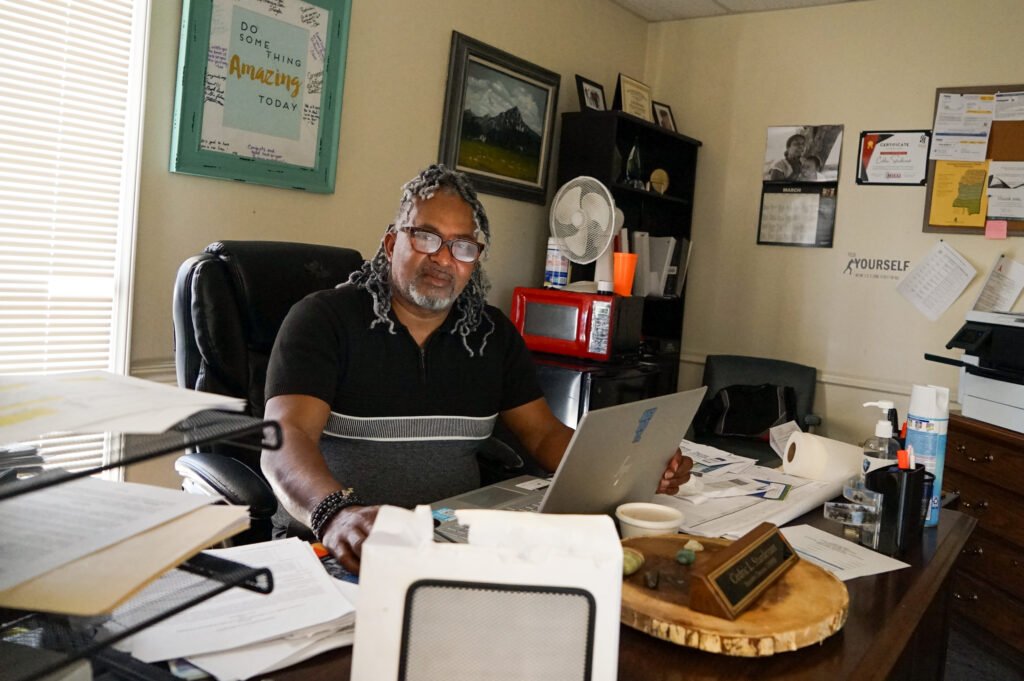The HIV Crisis in the South: Advocates Stand Strong Against Federal Funding Cuts
Cedric Sturdevant, a gay Black man living with HIV and co-founder of a grassroots group in Mississippi, woke up with a sense of depression. Despite his feelings, he made his way to church as he does every Sunday. In a few days, he would be headed to Washington, D.C., to join HIV advocates at a rally against the Trump administration’s actions.
The Trump administration had clawed back over $11 billion in federal public health grants to states and abruptly terminated millions of dollars in funds for HIV work in the United States. The impact was felt most heavily in the South, where more than half of all HIV diagnoses occur.
The proposed budget for fiscal year 2026 threatened to curtail Medicaid, which provides health coverage for people with low incomes and disabilities. Approximately 40% of adults with HIV rely on Medicaid for their lifesaving treatments. Furthermore, the budget proposed to eliminate all HIV prevention programs at the Centers for Disease Control and Prevention, potentially leading to an additional 14,600 HIV-related deaths within the next five years.
The cuts directly affected Sturdevant and his community. He founded a nonprofit organization called Community Health PIER in the impoverished Mississippi Delta region to combat health disparities. The average life expectancy in the Delta is a decade shorter than the national average, highlighting the dire need for resources and support.
Despite the challenges, Sturdevant and other advocates are not giving up. They are organizing and strategizing ways to limit the damage caused by the funding cuts. Grassroots groups embedded in marginalized communities are at the forefront of the fight, providing crucial services and support to those in need.
The advocacy efforts have expanded to include partnerships with churches, nonprofits, and other community organizations to fill the gaps left by the government’s cuts. The goal is to ensure that people living with HIV have access to treatment, housing assistance, and other essential services.
While the future remains uncertain, Sturdevant and his colleagues are committed to fighting for those who don’t have the strength to fight for themselves. Despite the challenges ahead, they remain resilient and determined to make a difference in the lives of those affected by HIV in the South.
As the battle against HIV continues, advocates like Sturdevant are standing strong against the barriers and uncertainties, determined to ensure that everyone has access to the care and support they need to thrive.


